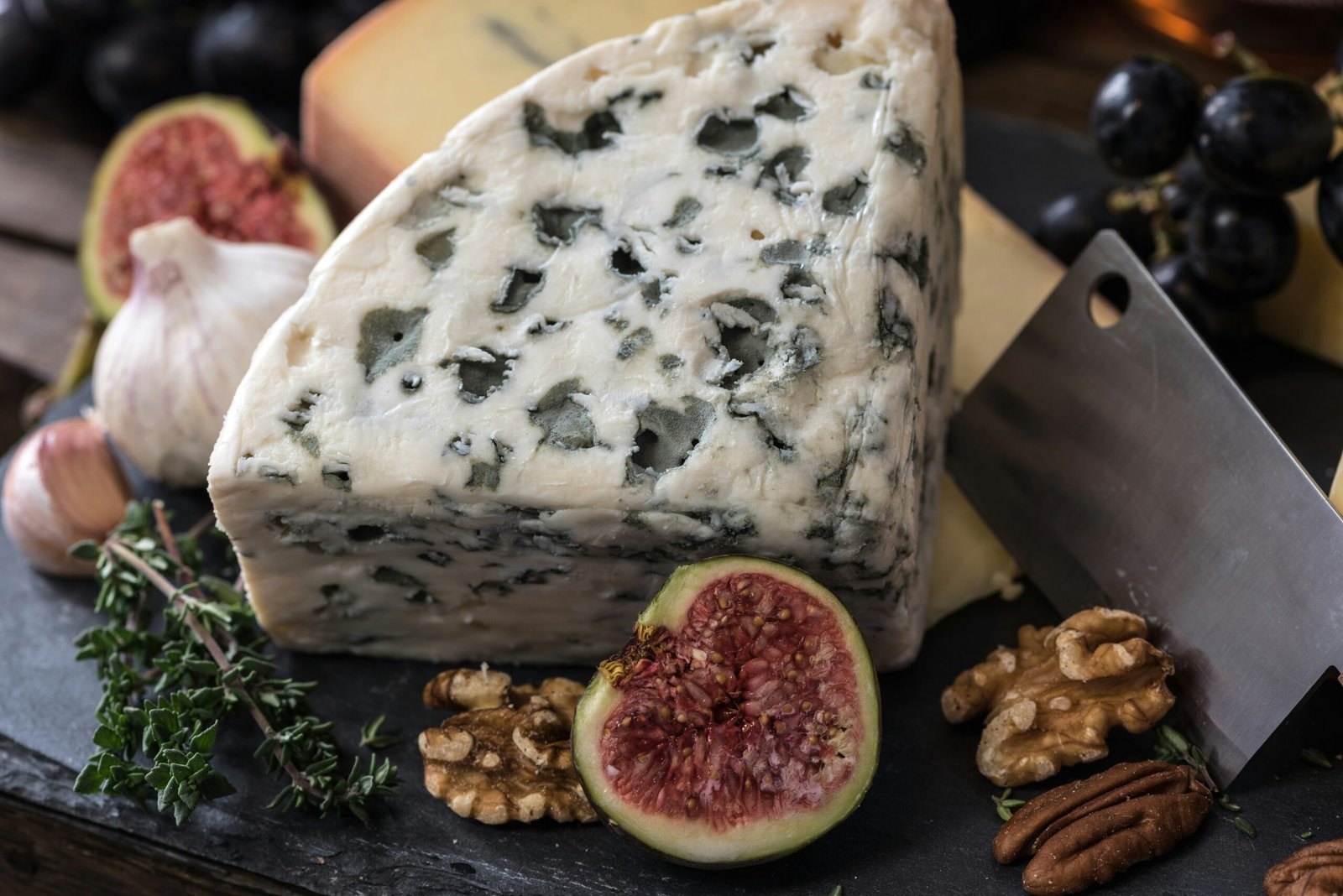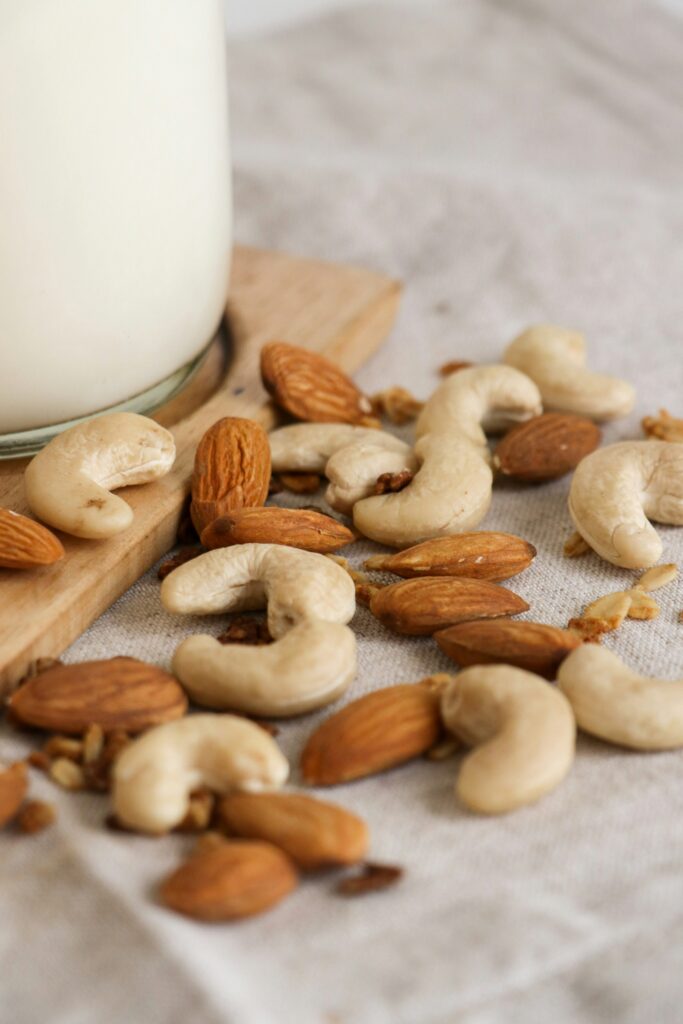Have you ever wondered if cheese fits into the Mediterranean diet? Cheese often brings up mixed feelings, especially when it comes to health and nutrition. Let’s get to the bottom of whether you can enjoy cheese while reaping the benefits of this cherished eating pattern.

Understanding the Mediterranean Diet
The Mediterranean diet isn’t just about what you eat; it’s a lifestyle celebrated for its heart-healthy foods and communal meals. Originating from countries bordering the Mediterranean Sea, the diet is rich in fruits, vegetables, whole grains, legumes, nuts, fish, and olive oil. But where does cheese fit into this delicious dietary framework?
Key Components of the Mediterranean Diet
Before digging into cheese, it’s essential to understand the various components that make up the Mediterranean diet. Here are some of the primary elements:
| Component | Description |
|---|---|
| Fruits and Vegetables | Focus on seasonal, local produce; colorful variety is key. |
| Whole Grains | Includes items like whole grain bread, pasta, and rice. |
| Healthy Fats | Extra virgin olive oil is preferred; nuts and seeds are also included. |
| Lean Proteins | Fish and seafood take precedence, with poultry and eggs enjoyed occasionally. |
| Dairy | Primarily from yogurt and cheese, in moderation. |
These components not only nourish your body but also support a healthy lifestyle.
The Role of Dairy in the Mediterranean Diet
Dairy products often play a part in Mediterranean cuisine, contributing flavor and nutrients. While most individuals envision yogurt as a primary dairy source, cheese also holds a significant place on the table.
Frequency and Quantity
Cheese is not a daily staple in the Mediterranean diet compared to other food groups, but it does appear regularly. Generally speaking, it is consumed in moderation. This means that while you can enjoy cheese, it shouldn’t dominate your diet.
Types of Cheese Commonly Found
There are various types of cheese that are prevalent within Mediterranean cuisine. Each brings its own unique flavors and nutritional benefits. Here are some popular choices:
| Cheese Type | Characteristics | Common Uses |
|---|---|---|
| Feta | Crumbly and tangy; often made from sheep or goat’s milk. | Salads, pastries, and spreads. |
| Ricotta | Soft and creamy; typically made from whey. | Used in desserts, pasta dishes, and spreads. |
| Parmesan | Hard and nutty; aged for flavor intensity. | Grated over dishes like pasta or risotto. |
| Mozzarella | Soft and stretchy; often used fresh. | Caprese salads and on pizzas. |
Nutritional Benefits of Cheese
Cheese can offer a variety of essential nutrients. While it’s crucial to enjoy it in moderation, it can also provide health benefits. Here’s a breakdown of some key nutrients found in many cheeses:
| Nutrient | Benefits | Example Sources |
|---|---|---|
| Calcium | Essential for strong bones and teeth. | Hard cheeses like Parmesan. |
| Protein | Boosts muscle growth and repair. | Mozzarella and Ricotta. |
| Vitamin B12 | Supports nerve function and blood cell health. | Feta and Cheddar. |
| Healthy Fats | Provides energy and supports cell function. | Feta and goat cheese contain healthy fats. |
Incorporating cheese within your Mediterranean diet can provide nutritional value, making it a flavorful addition rather than a guilty pleasure.
Cheese in Moderation
Emphasizing moderation is key to sustaining the benefits of the Mediterranean diet. Cheese can be high in saturated fats and sodium, so it’s smart to be mindful of your portions.
Portion Control Tips
Here are some helpful strategies to ensure you enjoy cheese without overdoing it:
- Serving Size: Stick to a serving size of about 1 ounce (28 grams). This allows you to savor the taste without overwhelming your plate.
- Pairing: Combine cheese with fresh fruits or whole-grain crackers. This can make your meal more balanced and satisfying.
- Flavor Boost: Use strong-flavored cheeses such as aged cheeses; a little goes a long way, giving you maximum taste and satisfaction.
When you pay attention to portion sizes and pair cheese wisely, it can fit seamlessly into your meal plan.

The Impact of Cheese on Health
Ultimately, cheese can have either positive or negative effects on your health depending on how you choose to incorporate it into your diet.
Potential Health Benefits
When consumed in moderation, cheese may offer some health benefits:
- Bone Health: The calcium and vitamin K2 in cheese are crucial for maintaining strong bones.
- Heart Health: Some studies suggest that certain cheeses, like feta and mozzarella, can be part of a heart-healthy diet due to their lower saturated fat content compared to other dairy products.
- Gut Health: Fermented cheeses, particularly those aged, contain probiotics that support good gut health.
Potential Drawbacks
On the flip side, there are some concerns associated with cheese consumption:
- High Sodium Content: Many cheeses are high in sodium, which can contribute to high blood pressure if consumed excessively.
- Saturated Fat: Some varieties contain saturated fat, which could negatively impact heart health if eaten in large quantities.
- Lactose Intolerance: If you’re lactose intolerant, most types of cheese might cause digestive issues.
Balancing these pros and cons will help you decide how much cheese fits into your particular health needs.

Choosing the Right Cheese
Not all cheeses are created equal. The availability of various types means you can make choices aligned with your health goals.
Guidelines for Healthier Choices
When selecting cheese, keep these tips in mind:
- Opt for Lower-Fat Varieties: Consider choosing part-skim or low-fat options to reduce saturated fat intake.
- Stay Aged: Aged cheeses often have lower lactose levels, making them easier to digest.
- Fresh is Best: Fresh cheeses like feta or ricotta can be lower in sodium and fats than processed or aged cheeses.
By being selective with your cheese choices, you can indulge guilt-free while sticking to your Mediterranean lifestyle.

Incorporating Cheese into Your Diet
Now that you’re aware of the role cheese can play in the Mediterranean diet, let’s explore some ways to incorporate it into your meals.
Delicious Pairings
Creating balanced meals becomes easy when you thoughtfully pair cheese with compatible foods. Here are a few ideas:
- Salads: Crumble feta over a spinach salad with nuts and berries for a summer twist.
- Pasta Dishes: Stir in ricotta or top your pasta with freshly grated Parmesan for a delightful burst of flavor.
- Snacks: Enjoy a small cheese plate featuring olives, nuts, and seasonal fruit for an afternoon treat.
Each option reflects the essence of the Mediterranean style—using fresh, hearty ingredients that are both nourishing and flavorful.
Meal Prep Ideas
Planning meals that include cheese can be a breeze. Consider these preparation ideas:
- Mediterranean Quinoa Bowls: Layer cooked quinoa, veggies, chickpeas, and a dollop of tzatziki with crumbled feta.
- Cheesy Veggie Bake: Toss your favorite vegetables with shredded cheese, herbs, and olive oil, then bake until bubbly and golden.
- Stuffed Peppers: Fill bell peppers with a mixture of whole grains, spices, and cheese for a savory, satisfying meal.
When meal prep incorporates cheese while honoring Mediterranean principles, you create delicious, custom meals that are nutritious and enjoyable.

Conclusion: Cheese in the Mediterranean Diet
In conclusion, cheese can indeed have a place in the Mediterranean diet. By choosing quality varieties and practicing moderation, you can enjoy its flavors and benefits without compromising your health goals.
Final Thoughts
Balancing your love for cheese with mindful eating choices allows you to embrace the Mediterranean diet fully. Remember that this approach is all about satisfaction, flavor, and well-being, so enjoy this cultural gem while maintaining your health. Whether crumbled over a vibrant salad or melted into a comforting dish, cheese can be a delightful addition to your Mediterranean lifestyle. So go ahead, savor that cheese with your next meal!


